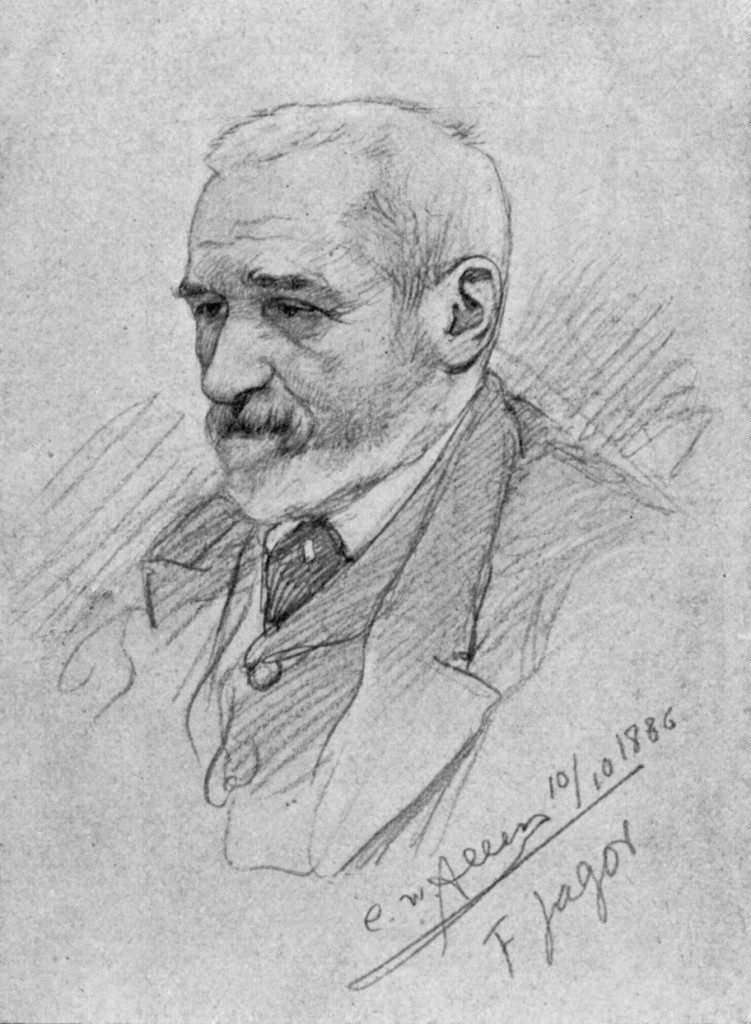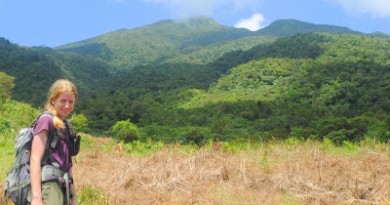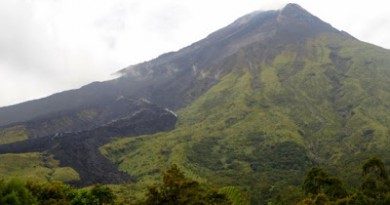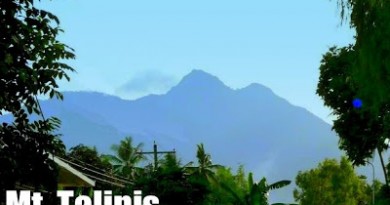Hikes in Philippine History #3: German explorer Fedor Jagor hikes up Mt. Masaraga in 1859
 |
| Mt. Masaraga was the third mountain that Fedor Jagor hiked in Bicol, way back in 1859! |
annotated by Gideon Lasco
In the course of my historical research I have stumbled upon various accounts of mountain climbing trips in the journals of hikes in the Philippines – or at least descriptions of various mountains. They are too interesting to ignore so I thought it would be nice to start a series about them.
 |
| Fedor Jagor (1816-1900) |
The first featured hiker on our list is Fedor Jagor
(1816–1900), a German scientist and explorer who traveled in the Philippines from 1859-1860. This account, originally in German and later translated in English, is probably the first to describe hikes up Bicol mountains. After Mt. Isarog (Hikes in Philippine History #1) and Mt. Asog (HPH #2), we continue with his account with an overnight hike up Mt. Masaraga.
MT. MASARAGA
This mountain was moister than any I had ever ascended, the Semeru in Java, in some respects, excepted; and half-way up I found some rotten rafflesia.
Two miserable-looking Cimarron dogs drove a young stag towards us, which was slain by one of the people with a blow of his bolo. The path ceased a third of the way up, but it was not difficult to get through the wood. The upper portion of the mountain, however, being thickly overgrown with cane, again presented great obstacles.
About twelve we reached the summit-level, which, pierced by no crater, is almost horizontal, smoothly arched, and thickly covered with cane. Altitude.Its height is 1,354 meters. In a short time the indefatigable Cimarrons had built a fine large hut of cane: one room for myself and the baggage, a large assembly-room for the people, and a special apartment for cooking.
Unfortunately the cane was so wet that it would not burn. In order to procure firewood to cook the rice, thick branches were got out of the wood, and their comparatively dry pith extracted with great labor. The lucifer-matches, too, were so damp that the phosphorus was rubbed away in friction; but, being collected on blotting-paper, and kneaded together with the sulphurous end of the match-wood, it became dry and was kindled by friction. Not a trace of solid rock was to be seen. All was obstructed by a thick overgrowth from where the path ceased, and the ground covered with a dense bed of damp wood-earth.
The following morning was fine, and showed a wide panorama; but, before I had completed my drawing, it again became misty; and as, after several hours of waiting, the heavens were overspread with thick rain-clouds, we set out on our return.
Numerous butterflies swarmed around the summit. We could, however, catch only a few, as the passage over the cane-stubble was too difficult for naked feet; and, the badly-stitched soles of two pairs of new shoes which I had brought from Manila having dropped off some time before I reached the summit, I was compelled to perform the journey to Ligao barefoot.
Blogger’s note: I love this account! Over 150 years after he climbed Masaraga, I can still relate to his cogon-filled ascent (he calls it cane). You’ve got to admire the intrepid spirit of this man. And to think that his shoe broke on the way down! My own Mt. Masaraga hike is narrated at Hiking matters #162.
Reference: The Former Philippines Through Foreign Eyes (Craig, 1917 ed.). Available: http://www.gutenberg.org/files/10770/10770-h/10770-h.htm#xd20e3939
FEDOR JAGOR’S HIKES IN BICOL (1859-1860)
Hiking in Philippine history #1: Mt. Isarog
Hiking in Philippine history #2: Mt. Asog
Hiking in Philippine history #3: Mt. Masaraga
Hiking in Philippine history #4: Mt. Mayon





Leave a Reply
Be the First to Comment!